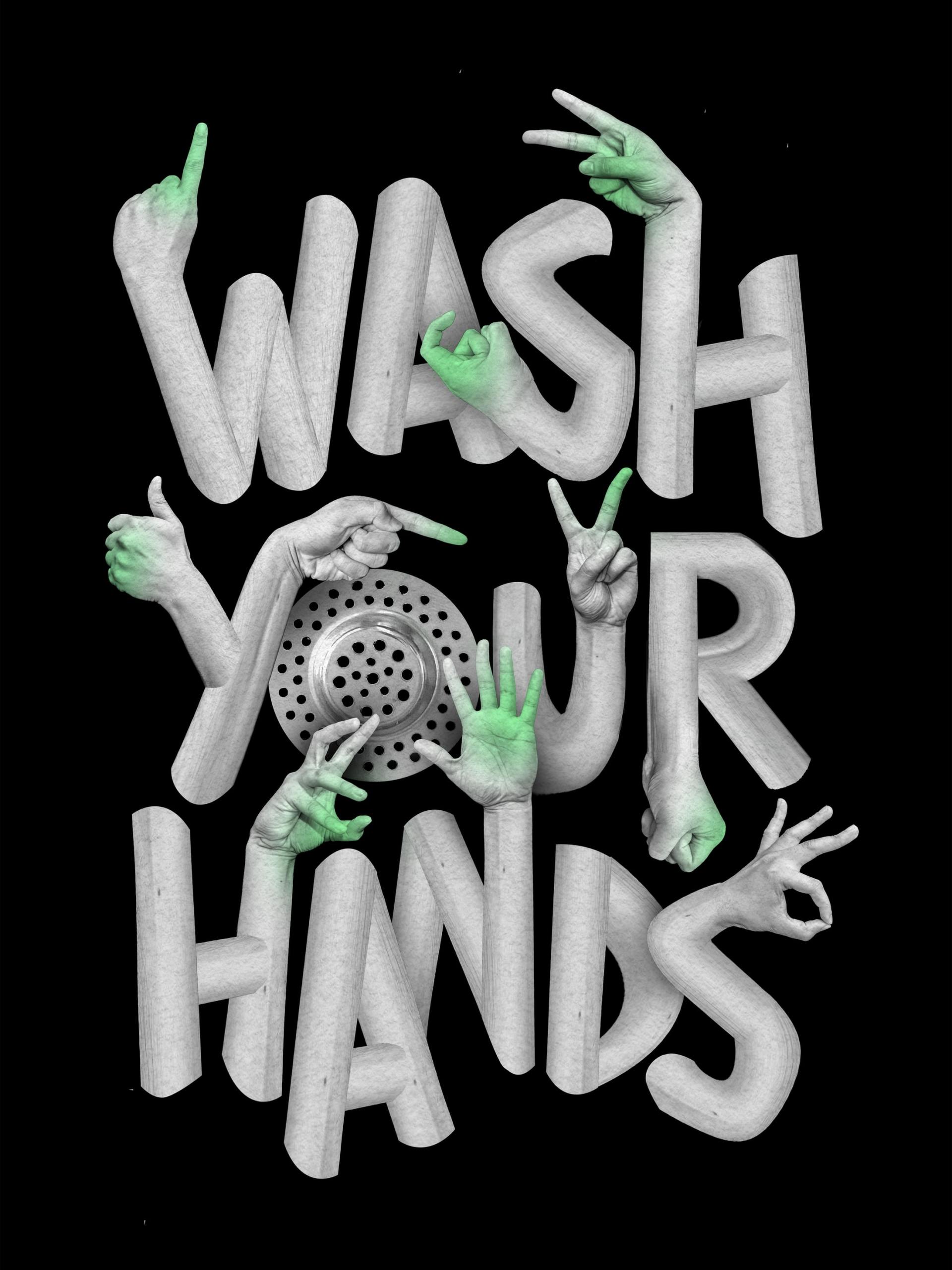Child Supervision & Behavior
Pine Hill - Parent Handbook: Child Supervision, Ratios, Withdrawing, Abuse, Discipline, and Biting

Child Supervision:
Your child will be supervised at all times. Teachers will keep children within visual range throughout the day. During transitions and outside play times teachers will perform regular head counts to be sure that all of our children are accounted for.
Resolving Issues:
The source of most issues that arise stem from a gap in communication. If you encounter issues that cause you concern, we ask that you first communicate your concerns with your child’s teacher. If the issue has not been resolved please notify the director. She will ensure that the issue is resolved promptly. Our center is committed to providing you with peace of mind.
Withdrawal:
If for any reason you find it necessary to withdraw your child, please submit a written notice to the director one month before the withdrawal date. This can be done by email. Please include the following information:
- Current date
- Child’s last day of attendance
- Reason for withdrawal
Please note: If your child is absent for two weeks without notice, his or her spot may be filled by another family. We will attempt to re-enroll your child provided space is available and all enrollment fees are paid.
Child Abuse:
According to the law, all Pine Hill Academy staff are mandated reporters of any suspected child abuse or neglect. We are mandated to report suspected abuse or neglect as a safeguard for your child. We do not investigate. All reports are made to the Montgomery County Department of Child and Family Services.
Discipline Policy:
At Pine Hill Academy we believe the best methods of behavior management are positive reinforcement and redirection. Our teachers will help your child to cope with their feelings in an appropriate way by talking about frustrations, providing children with choices, and redirecting negative behavior.
We will not permit the following behaviors:
- Physical abuse including shaking, spanking, and any type of hitting.
- Humiliation or verbal abuse including threats, derogatory remarks, and intimidation.
- Withholding meals, bathroom privileges, or outside time as a consequence.
- Forcing a child to eat against their will.
- Discipline a child for toileting accidents or leaving them in unclean clothing.
- Physical restraint or confining a child to an area or equipment for extended amounts of time (with the exception of a brief protective hug so that a child may have the opportunity to regain control without injuring themselves or others).
Biting:
When children begin teething, biting objects and even other children may occur. At other times when children bite, they are trying to let us know there is something wrong. We believe most biting situations can be avoided by following a regular schedule and creating a fun and calm atmosphere in the classroom. Our staff will take the appropriate steps to deal with any biting incidents which may occur. We will notify you if we have not been successful in redirecting biting that injures other children.
Dismissal:
We will make every attempt to work through any issues that may arise concerning the safety and comfort of our students. However, the center reserves the right to disenroll any child should it become necessary.
In the event of concerns with your child’s behavior that have not resolved, the following steps will be taken:
- Teachers will redirect child.
- Parents will be notified of concerns.
- Teacher/director will schedule a conference with parents to discuss options for resolving and addressing concerns.
- Warning to parents about possibility of disenrollment.
If concerns persist, the director will determine the next steps based upon the safety and well being of all children attending the center.
An example of the options at the discretion of the director:
- Offer parent/child a timeframe for using suggested strategies
- One - Three day suspension of care (fees will accrue)
- Disenrollment with possibility of re-enrollment
- Disenrollment without possibility of re-enrollment
Ratios for Class Sizes:
Age of child Category Staff to Child Maximum Class Size
| Birth up to 12 mos. |
Young Infants |
1:5 (2:12 same rm) |
12 |
| 12 mos. up to 18 mos. |
Older Infants |
1:6 |
12 |
| 18 mos. up to 30 mos. |
Young Toddlers |
1:7 |
14 |
| 30 mos. up to 36 mos. |
Older Toddlers |
1:8 |
16 |
| 36 mos. up to 48 mos. |
Young Preschoolers |
1:12 |
24 |
| At least 48 mos (not enrolled in Kindergarten) |
Older Preschoolers |
1:14 |
28 |
| Kindergarten up to 11 yrs. |
Young School Agers |
1:18 |
36 |











